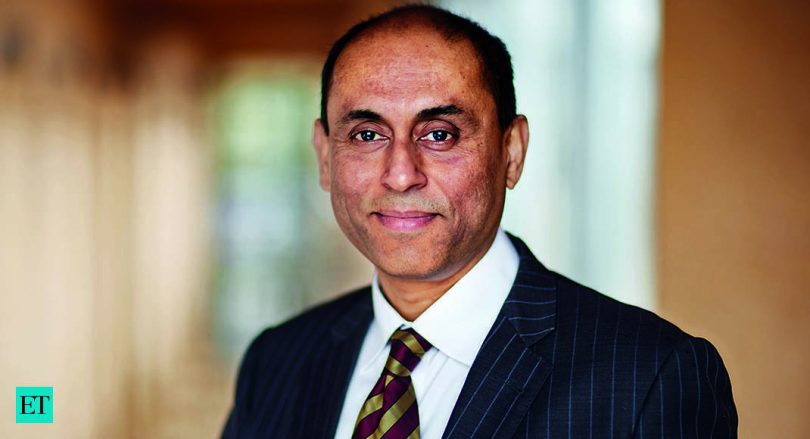[ad_1]
There is a massive disruption post-pandemic, and the world is re-looking at how education is taught and delivered. How do you view this?
Looking at the UN SDGs (sustainable development goals) in education, we are falling short in a very big way. Most top business schools and universities are happy having an exclusive, smaller footprint. The focus always is: we did the best we could. But what about the others who are left behind? Can we first increase the footprint of impact?
We have to innovate with technology, product format, product delivery and pricing to come up with new configurations to be more inclusive and take more people along in a meaningful way. Do we have the capacity and the capability to do that? The answer is no. We need to build new partnership models and new ecosystems for creating new kinds of product configurations. Traditional teaching is no longer enough… Maybe we should work with gaming companies and look at entertainment and learning in a different way. A lot of innovation is required in our space, and a lot of it hopefully will come from schools like Oxford.
In the context of digital disruption, have you introduced any changes in your programmes, both in terms of delivery and curriculum?
Digital is a core capability right now; you cannot outsource it to other companies. We are investing in creating our own digital unit. We need to have product innovation and different product price points, which will require the ability to create different kinds of digital products and deliver them differently.
We want to create a platform for lifelong learning. The current product and price in the current model delivering four-year degree programmes and two-year MBAs don’t support lifelong learning. We must have different machinery that creates on-demand, real-time flexible, agile content, for the curation of knowledge that is required in lifelong learning. A lot of that will happen from digital platforms. Using Zoom doesn’t mean you have digital. Lifelong learning means you have personalisation like how Amazon understands you. You need customised bite-sized learning and new models of learning to adapt to AI (artificial intelligence) and metaverse. You need to have the core capability for doing that. Fundamentally, business schools need to innovate by having the core technology.
Does this mean that executive education is going to be a bigger chunk of what business schools offer?
Yes, it already is a much bigger market. It will be a huge market delivered through online, in-person and other kinds of mechanisms. There will be lots of innovation happening in education and learning.
How will technology impact education?
In general, the impact of any technology typically happens in three phases. The first phase is you substitute the old technology with the new. The second phase is diffusion. The third order of impact is transformation. In education, the pandemic forced us into the first and second levels of substitution and diffusion. The natural next level is transformation.
What does it mean for institutes?
Right now, we are seeing the innovator’s dilemma, a sort of question mark, in which universities realise that to transform, you have to take big steps. The comfortable zone is to go back to the future but that is not a viable future for education.
The future will be transformation. And there’ll be some schools and universities that will be bold enough to go to new models. What the new models are, we don’t know yet. That’s where we need to have experiments and learn from them.
What are the potential partnerships you are looking at in India?
We are looking at trying to identify what we want to do in India. Can we partner with some organisations and maybe the government to have an impact at scale?
For example, one of the projects we are experimenting with is on providing useful education to female micro-entrepreneurs who take microfinance loans that will help them leverage money more usefully. If we can partner with the right institution to do that and provide a learning component — maybe an Oxford certificate – that will help them grow.
(We are) trying to find the right combination to put in play in India and Africa in this first experiment of its kind. We need to look at education in an innovative way and the bigger vision is how education will change people’s lives at scale. India is a good playground for that. The Indian government has used technology and a lot of initiatives to drive change at scale.
[ad_2]
Source link








